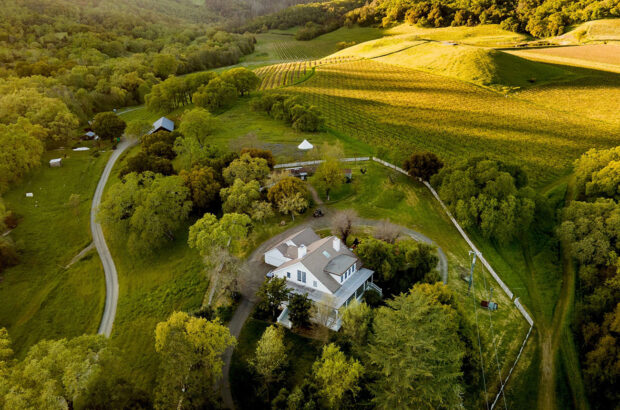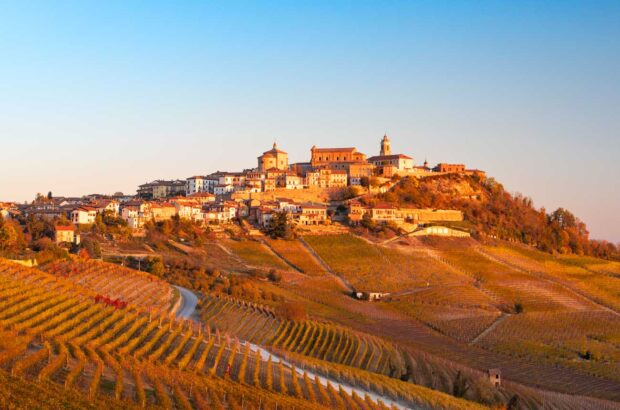Staying home under lockdown doesn’t mean you can’t keep up your wine tasting practice. And it can still be a social event with friends, thanks to the selection of video calling options that are now available. Here are some top tips to get the most from your virtual wine tasting…
Getting prepared
Lu Yang MS, founder of Grapea Wine Education and regarded as one of the finest wine educators in China, has been holding weekly online wine tastings while the country has been in quarantine. He said wine lovers have three things to think about before organising a virtual tasting.
First is to find the right time; ‘after dinner is a good time, the end of the day, when people can sit down and taste’.
Next is to choose the appropriate software. ‘In China we use WeChat more often, but Zoom, WhatsApp, Skype or Microsoft Teams are all available and easy to use. The key is to choose one that all of your group can access and use with ease.’
Finding the right crowd is equally important, said Lu. ‘Even for professionals, we feel awkward sitting next to people we barely know at a wine tasting event. With virtual tasting, that awkwardness could be enhanced. So choose your crowd carefully, if this is the first virtual tasting you host – maybe start with friends that you know well and are relaxed around.’
Choose a theme
Lu’s advice on picking some wines to taste: ‘It always helps if you have a theme in mind – you can make it a vertical tasting from the same producer, or a horizontal (same vintage) range from a certain region.’
A theme is also important to keep people focused, ‘by the end of the tasting, your guests are more likely to have a sense of accomplishment if you’ve had thorough discussions around one topic.’
Get creative
Simply lecturing your guests on your wine knowledge across the screen can be rather dry. It’s time to get creative, said Lu, who suggests two ways to play blind tasting games online.
Game A
‘If you and your guests can get hold of the same range of wines, either from shops or from online stores, ask the shop keeper or a family member to put the wines into individual blind bags, and get them numbered before the tasting.
‘Now you are ready for a ‘cloud’-based blind tasting. You can decide either to keep scores and make it a competition, or ask your guests to take turns and guess about each wine.’
Game B
Another approach, which skips the hassle of bagging and numbering the bottles, is to simply ask everyone to pour the same selection of wines into their glasses.
‘Invite one guest to randomly choose a wine, taste and describe it to the others, and see if people can spot the exact same wine from their glasses.’
But for either game you choose, ‘make sure you have a range of bottles to try, so you have plenty to talk about.’
Three to four bottles are a good starting point, if it gets to more than five bottles, how to finish them afterwards could be a problem – something to keep in mind when planning the tasting.
‘It won’t be sensible to drink too much when you are on your own,’ Lu warned.
Advantages?
‘Frankly, there’s no advantage in virtual tastings compared to a real one. When sharing wine, you’d want to physically meet people, feel their passion and see the smiles on their face.
‘But in these difficult times, virtual tastings are a viable option for us to stay connected and share a passion.’







